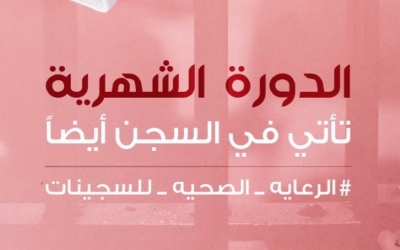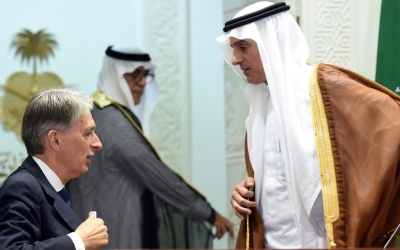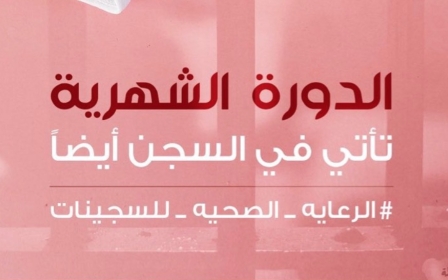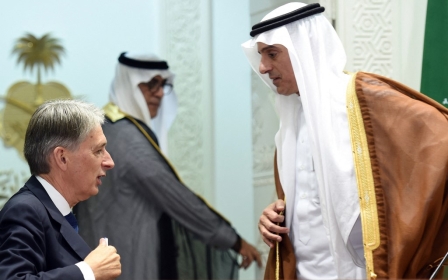Saudi Arabia: Controversial reform allows businesses to stay open during prayers
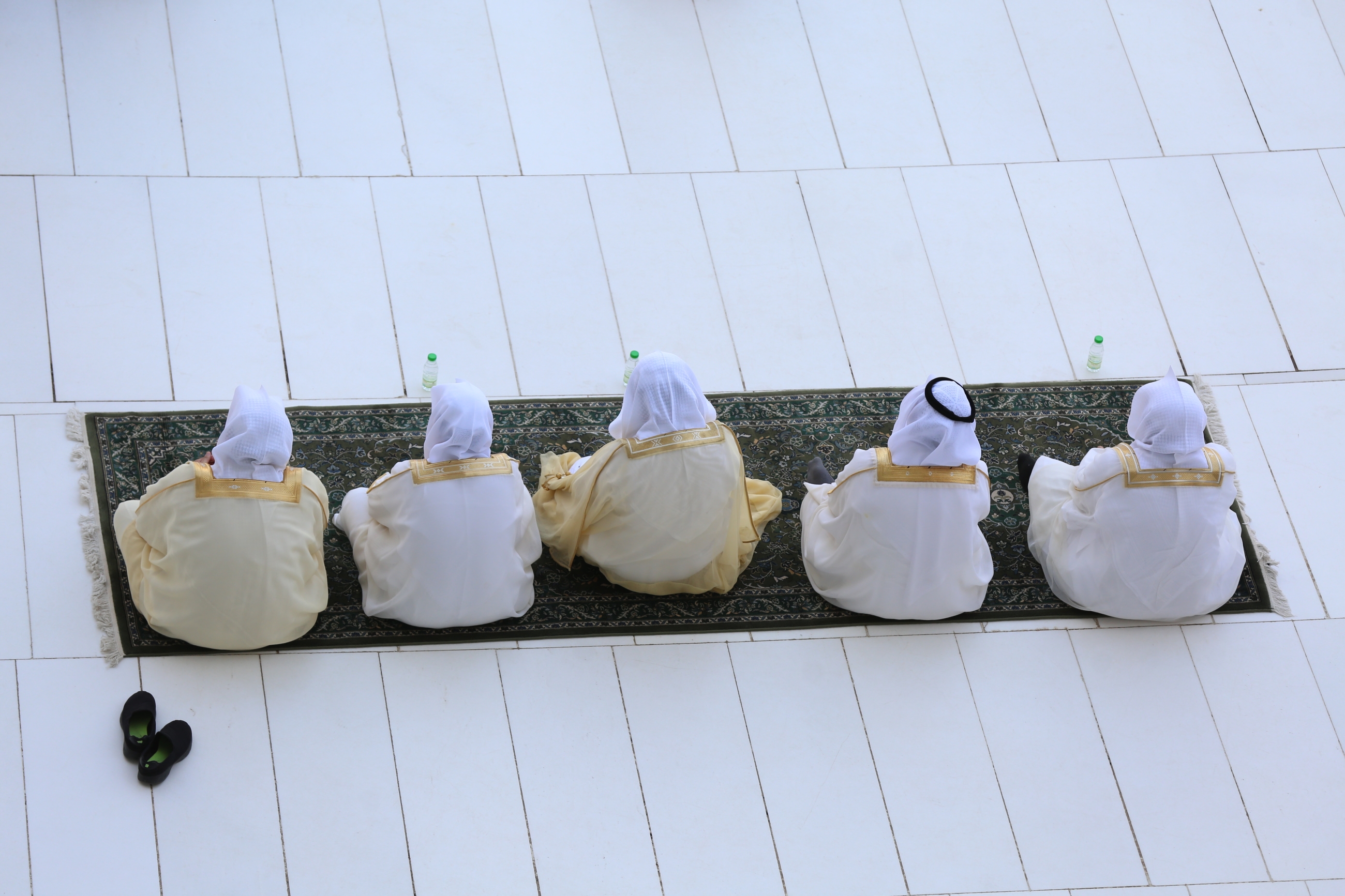
Saudi Arabia has officially allowed businesses to remain open during the five daily Muslim prayers, in a highly sensitive reform for the kingdom.
"Stores and other commercial and economic activities will remain open throughout the working day and especially during [prayer] hours," the Federation of Saudi Chambers said in a statement late on Friday.
Officially, the decision is part of the fight against the coronavirus pandemic and aims to avoid "gatherings and long queues in front of closed stores during prayer hours".
However, it comes after a 2019 decree that said businesses could stay open 24 hours a day for an unspecified fee.
The move, which triggered confusion over whether it included the prayer times, was seen by some as a trial loosening of the rules.
Since then, some restaurants, supermarkets, and other stores have stayed open, particularly in the capital Riyadh, AFP reported.
Previously, after the pre-dawn Fajr prayer they were obliged to close during the day's other four prayers, putting workers out of action for a total of about two hours in the Muslim world's only mandatory prayer-time shutdown.
Clerical power waning
The new rules will remove restrictions that cost the Saudi economy tens of billions of riyals a year, according to members of the advisory Shura Council.
While the government's reforms have attracted little public criticism amid an accompanying crackdown on dissent, the issue remains highly sensitive in the kingdom.
Saudi Arabia's religious police, once notorious for chasing men and women out of shopping malls to pray and berating anyone seen mingling with the opposite sex, are now largely out of sight.
However, observers say that authorities are still watching carefully for a possible backlash from arch-conservatives.
As clerical power wanes under de facto leader Crown Prince Mohammed bin Salman, preachers are endorsing government decisions they once vehemently opposed - including allowing women to drive and the reopening of cinemas.
Middle East Eye delivers independent and unrivalled coverage and analysis of the Middle East, North Africa and beyond. To learn more about republishing this content and the associated fees, please fill out this form. More about MEE can be found here.


